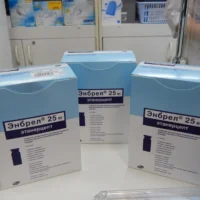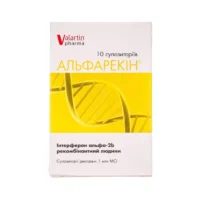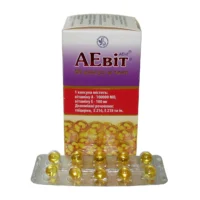Description
Sandimmun Neoral (cyclosporin) Soft Capsules 100 mg. №50
Ingredients:
- Each soft capsule contains 100 mg of cyclosporin.
Dosage:
- The dosage of Sandimmun Neoral should be individualized based on the patient’s weight, medical condition, and response to therapy. It is usually taken twice daily.
Indications:
- Sandimmun Neoral is indicated for the prevention of organ rejection in kidney, liver, and heart transplant patients.
Contraindications:
- Do not use Sandimmun Neoral if you are allergic to cyclosporin or any other ingredients in the product.
Directions:
- Take Sandimmun Neoral exactly as prescribed by your healthcare provider. Swallow the capsules whole with a full glass of water.
Scientific Evidence:
- Sandimmun Neoral (cyclosporin) has been extensively studied in numerous clinical trials to establish its efficacy and safety in preventing organ rejection.
- Research has shown that cyclosporin works by suppressing the immune system to prevent it from attacking the transplanted organ, thus reducing the risk of rejection.
Additional Information:
- It is important to follow all instructions provided by your healthcare provider while taking Sandimmun Neoral. Regular monitoring of blood levels and kidney function is crucial during treatment.
- In case of any side effects or concerns, contact your healthcare provider immediately.




